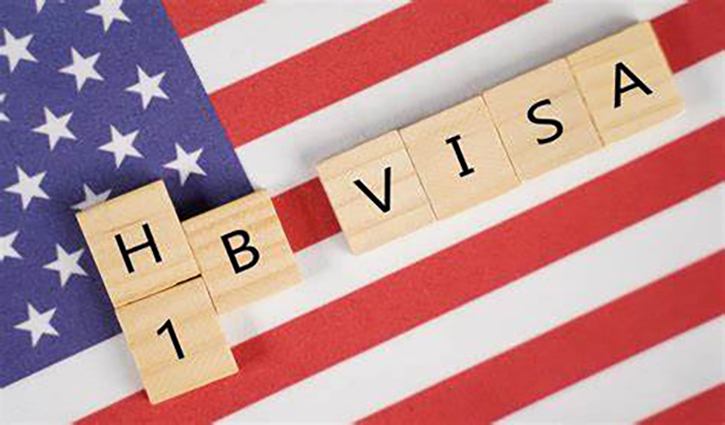Case illustrates precarious path employers must walk when verifying right to work in the United States.
Common sense might lead one to believe that carefully documenting a foreign national’s lawful work status is a good thing that government regulators would applaud. But common sense is not necessarily a good guide when it comes to navigating the immigration regulatory maze, as demonstrated by a recent United States Justice Department settlement with a large U.S. staffing firm. The case demonstrates that it is possible to violate immigration regulations by being too diligent in checking a worker’s documentation. This is known as an “unfair documentary practice,” and is considered by the Justice Department to be unlawful discrimination on the basis of citizenship, even if the intent is simply to comply with the law against hiring undocumented workers. As stated on the Department of Justice website:
Under the law, when verifying a workers’ employment authorization, employers of any size are not allowed to demand more or different documents than necessary, request specific documents, or reject reasonably genuine-looking documents because of a worker’s citizenship, immigration status, or national origin. This type of discrimination generally happens during the Form I-9 and E-Verify processes.
According to a recent Justice Department’s press release, personnel in a single Onin Staffing office violated the law by requiring “specific work authorization documents from all non-U.S. citizens.” A minor infraction? Not exactly. To avoid prosecution, Onin was required to pay a civil penalty of $70,695, provide discrimination training to certain personnel, and undergo continuing Justice Department departmental monitoring and reporting.
Although the press release does not identify the specific documentation that the offending personnel asked to see, it could have been any of those on the USCIS’s list of acceptable documents. This means, for example, that asking to see a worker’s “green card” or other specific employment authorization document is considered unlawful by U.S. enforcement authorities (yes, really!). Under the Justice Department’s interpretation of the law, the only question that can be asked during the I-9 verification process is a generic request for documentation showing “identity and authorization to work in the United States.” The prospective worker is then permitted to choose which documentation to show from the USCIS list of acceptable documents. As noted above, the Justice Department says that the proffered documentation need only be “reasonably genuine-looking.” In other words, digging deeper than face value is discouraged, and potentially illegal.
The Takeaway
Current U.S. immigration law and policy requires U.S employers to walk a perilously narrow path. On one hand, there are significant civil and criminal penalties for hiring undocumented workers. But look too closely at an applicant’s documentation by asking for specific documents, and the Department of Justice will hammer you for discriminating against non-citizens. The I-9 process is complex, and employers would be well-advised to invest in training and processes to reduce risk.












